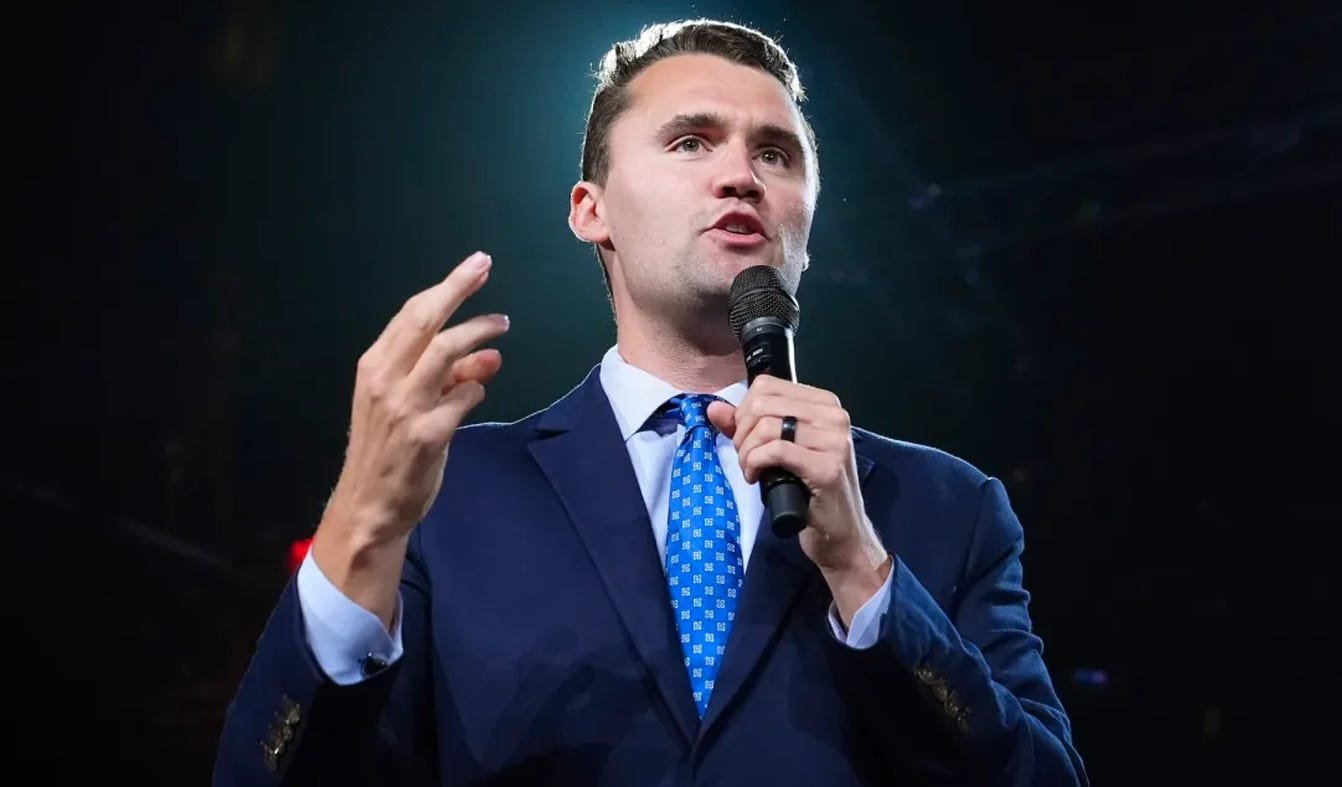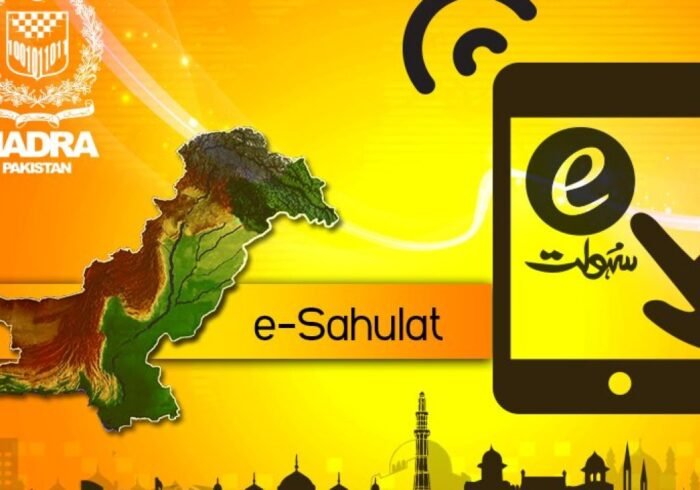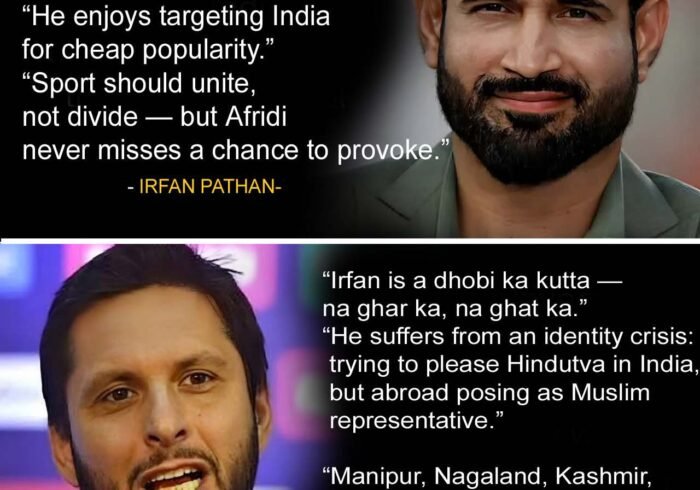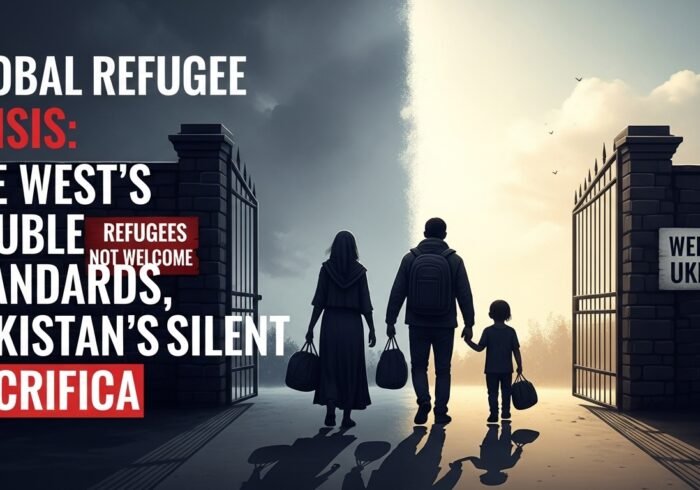Introduction
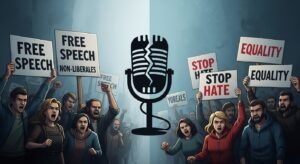
On September 10, 2025, conservative activist Charlie Kirk was fatally shot during a public speaking event at Utah Valley University. The incident immediately raised urgent questions: when does rhetoric lead to violence? And how much protection should be guaranteed to speech, even when it offends or provokes? The conversation now ripping across media and politics isn’t just about one man’s death—it’s about the limits of public speech and how societies respond when words turn into real danger.
What We Know
-
Charlie Kirk, founder of Turning Point USA, was speaking at a campus event when he was shot. The accused is Tyler Robinson, 22. The motive is under investigation. Freedom Forum+4The Guardian+4Reuters+4
-
After the killing, major political figures attended his memorial; the event included emotional tributes and speeches that strongly framed the killing as the result of more than just an isolated act. Reuters+2The Guardian+2
-
There has been public outrage over people making dismissive or celebratory comments about his death. Some individuals have been fired or disciplined for their remarks. The Guardian+3Al Jazeera+3Wikipedia+3
Free Speech & Safety: The Tension

-
Schools and universities face increasing pressure to allow controversial speech while ensuring safety. Some argue that hosting provocative speakers without adequate security can escalate risk; others say withdrawing platforms leads to self-censorship. Freedom Forum+1
-
Government officials have proposed measures to penalize speech that is judged to incite violence or “celebrate” acts of violence. This raises concern from legal scholars about overreach—whether such policies could suppress dissent. Le Monde.fr+2The Free Speech Center+2
Political Reaction & Social Media
-
Prominent political leaders described Kirk’s death in strongly framed terms—some called him a martyr, others blamed opposing political groups for cultivating toxic rhetoric. These statements deepen divisions. Reuters+2Reuters+2
-
On social media, the killing and responses to it became viral topics. Some posts were sympathetic; others harshly critical. Platforms and individuals are under scrutiny for how they moderate content and enforce consequences. Wikipedia+2Al Jazeera+2
Implications
-
The case shines a spotlight on how speech—even when protected by law—interacts with real risk. Societies must decide: do they tolerate more offensive or provocative speech to uphold free expression, or do they place more restrictions to prevent violence?
-
There’s risk in two extremes: suppressing speech overly out of fear can undermine openness; ignoring threats or hateful speech can lead to escalation and breakdown of mutual respect.
Takeaway for Pakistan (short note)
Pakistan’s political and media landscape also includes speeches that provoke strong reactions. There is merit in ensuring safety and curbing incitement—but avoiding broad bans or retaliatory punishments that stifle legitimate critique is equally important.
Conclusion
Charlie Kirk’s killing is far more than a tragedy. It is a test case for how free speech, public safety, and political culture coexist under pressure. The way forward lies in protecting speech, maintaining civility, and ensuring that condemnation of violence does not become a tool for silencing dissent. Because once speech is muzzled for safety’s sake, the balance that supports democracy starts to sway.


